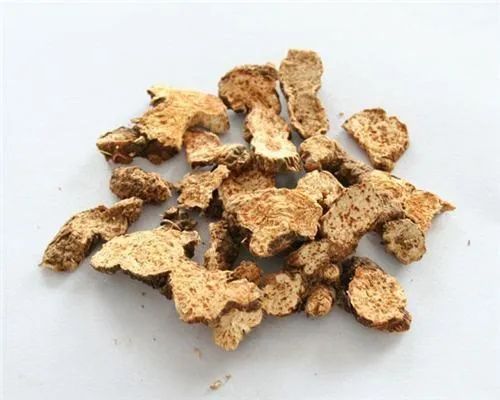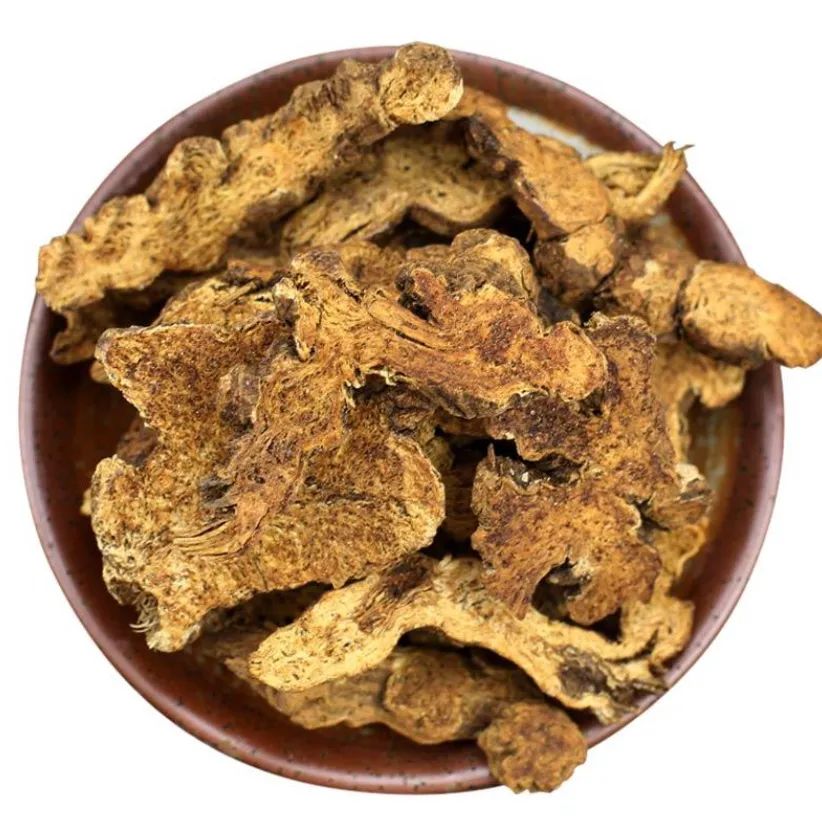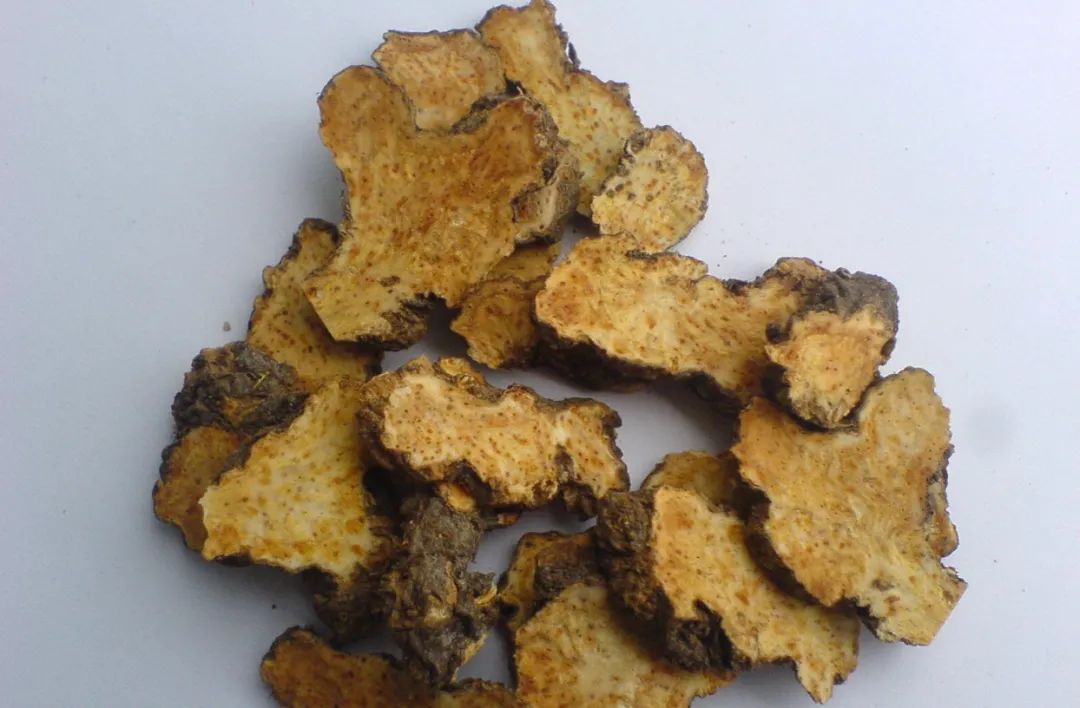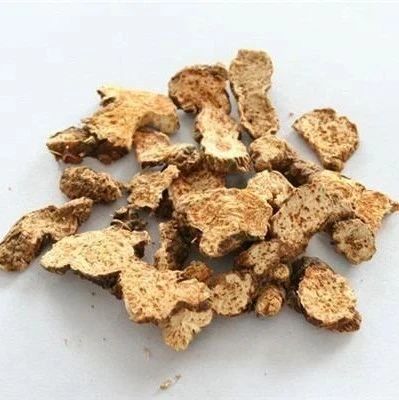Cang Zhu (Atractylodes lancea) is also one of the draining dampness herbs. It is also known as Chi Zhu, Shan Jing, Xian Zhu, and Shan Ji. It has a pungent and bitter taste, and a warm nature, capable of drying dampness and strengthening the spleen, as well as improving vision (treating night blindness). In ancient times, Bai Zhu (Atractylodes macrocephala) and Cang Zhu were collectively referred to as “Zhu.” In later generations, they were used separately in medicine, both of which can strengthen the spleen and dry dampness. However, Bai Zhu primarily focuses on strengthening the spleen and benefiting Qi, while Cang Zhu emphasizes drying dampness with its bitter and warm properties. According to Li Shizhen in the Compendium of Materia Medica, “(Cang Zhu) should not be used together with Bai Zhu.”
Cang Zhu’s Story

Legend has it that in ancient times, there were two nuns in a nunneries on the mountain, a master and her apprentice, who made a living by treating illnesses. The master was responsible for treating patients, while the young nun knew nothing and was only responsible for gathering herbs on the mountain.
However, due to the old nun’s greed, she treated the poor carelessly while being attentive to the wealthy. The young nun despised this behavior. One day, a poor man came seeking medicine and was refused as usual. The young nun was very angry, but she did not know any medicine. In a moment of desperation, she randomly handed him some herbs to treat his illness. To her surprise, these herbs were called Cang Zhu, which miraculously cured the poor man’s long-standing leg weakness.
Upon learning this, the young nun bid farewell to her master, dedicated herself to studying herbal medicine, and began practicing medicine to benefit the community.
Source and Effects of Cang Zhu

Source:This product is the dried rhizome of the Asteraceae plant Mao Cang Zhu or Bei Cang Zhu.
Distribution:It is found in Jilin, Liaoning, Hebei, Shandong, Shanxi, Shaanxi, Inner Mongolia, and other regions.
Taste and Properties:Pungent, bitter, warm; enters the spleen, stomach, and liver meridians.
Effects:Dries dampness, strengthens the spleen, dispels wind and cold, releases the exterior, and improves vision.
Dosage:For internal use, decoct 5-10g.
Usage of Cang ZhuAccording to the Compendium of Materia Medica: “Treats damp phlegm retention, or with blood stasis forming a mass, and spleen dampness leading to turbid discharge, diarrhea, and fatigue, with a white greasy tongue coating, etc.”

Therefore, Cang Zhu can treat:1. Damp stagnation in the middle jiaoIt is most suitable for treating damp obstruction in the middle jiao, where the spleen fails to transport and transform, leading to abdominal distension, nausea, reduced appetite, vomiting, diarrhea, and fatigue, with a white greasy tongue coating. It is often used in combination with Hou Po (Magnolia Bark) and Chen Pi (Aged Tangerine Peel).2. Wind-cold-damp bi syndromeEspecially suitable for bi syndrome with dampness predominating, it can be used in combination with Yi Yi Ren (Job’s Tears) and Du Huo (Angelica Pubescens).3. Wind-cold with dampness on the exteriorIt can open the skin and promote sweating, dispelling wind-cold from the exterior. Due to its strong ability to eliminate dampness, it is most suitable for exterior wind-cold with dampness.4. Night blindness and blurred vision.Spleen dampness refers to the disease characterized by excessive consumption of rich and fatty foods, primarily presenting with a sweet taste in the mouth. If it progresses, it can lead to diabetes. According to the Compendium of Materia Medica, “Lan Cao (Orchid Grass) travels through the Qi pathways, thus it can benefit the water pathways, eliminate phlegm, dispel evil, and is a good medicine for diabetes.”
【Source: Director Hu Shiyun, Author: Chen Wendon, Herbalist, Supervising Physician: Hu Shiyun, Chief Physician of Cardiovascular Disease at Guangdong Provincial Hospital of Traditional Chinese Medicine】


